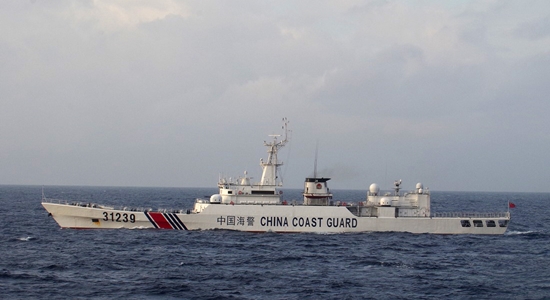
Wang Dan proposes “The four big lessons of Hong Kong’s loss of freedom” because of China’s takeover of Hong Kong (The Sunday Guardian, August 6, 2023). Wang was one of the student leaders of the 1989 Tiananmen Square protests. He currently runs the Dialogue China think tank.
Three of the lessons are important but not as comprehensive as number four, and Wang’s description of number four implies a couple of the other lessons.
One. To the extent that they believed the promises that the Chinese Communist Party made about preserving the freedoms of Hong Kong, Hong Kongers were gullible. (As were the British who agreed to the handover, and anyone else who has conned himself about the nature of the Chinese totalitarian state.)
Two. The people of Hong Kong were overconfident in their ability to resist the encroachments of the CCP, and the protestors undermined their cause by internal quarreling.
Three. “We have placed too much hope in the international community.” Hong Kongers must rely primarily on themselves if Hong Kong is to have a future.
The fourth lesson is that the Chinese government played a long game in Hong Kong; it pursued a step-by-step strategy. Wang identifies seven steps or stages of the strategy:
1. Pretending to agree to good terms that will be maintained for a certain definite long period of time.
2. Permitting a certain degree of home rule to encourage relaxation of vigilance.
3. Infiltrating local society “without anyone realizing it” and spreading fear “without provoking general alarm.”
4. Using agents provocateurs to blacken the reputations of pro-democratic opponents.
5. Fighting a “war of perceptions”—for example, by propagandizing about the alleged impracticality of idealism—“so that society will progressively be unable to distinguish between right and wrong.”
6. Targeting the most adamant anticommunist forces first. Wang gives the example of bookstore owner Lam Wing-kee, who along with four employees detained in 2015. (Lam later established a bookstore in Taipei.)
7. Plunging in the knife, which in this case means passage of the National Security Law of 2020.
Wang Dan omits the perhaps adventitious role of the pandemic, which enabled authorities to rationalize widespread restrictions on public gatherings in the name of health. But he rightly urges consideration of the strategy he has outlined and the forms it may take elsewhere.
Since Taiwan is next on the chopping block and may be offered a deal comparable to the deal that the Chinese offered Hong Kong in 1997, the Taiwanese must do what they can to resist both China’s military aggression and its strategy of infiltration and lies.








